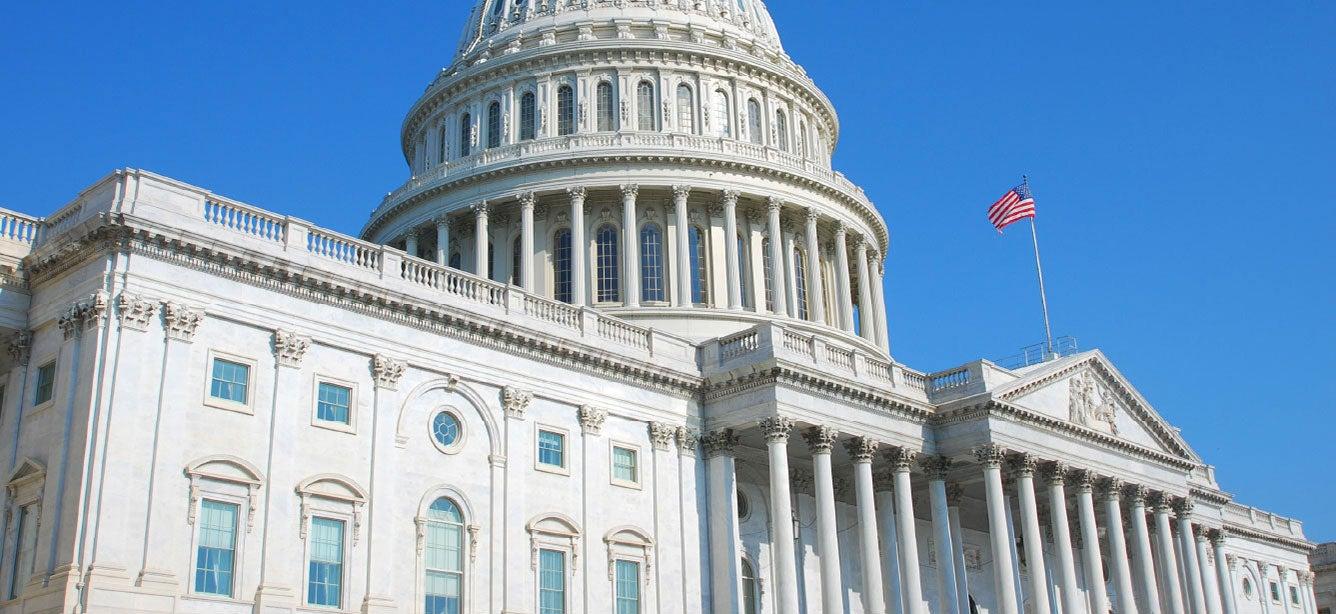
The House passed the Build Back Better Act on November 19 after receiving Congressional Budget Office estimates of the bill’s spending and savings levels.
As expected, negotiators made several changes to reduce the bill's total price tag from $3.5 trillion to $1.75 trillion over 10 years. As planned, the investments are offset by increased revenues and reduced federal spending in other areas.
Thanks to advocates who contacted their members of Congress in recent weeks, we retained many of the investments that benefit older adults and caregivers, including:
- Older Americans Act funding, including for the Senior Community Service Employment Program; the Research, Demonstration, and Evaluation Center; Supportive Services, with language specifically encouraging infrastructure investments in senior center modernization and construction; Nutrition Programs; the National Family Caregiver Support Program; and more.
- Elder Justice Act reauthorization to support adult protective services and the long-term care ombudsman program.
What changed in the Build Back Better Act?
Some of the most significant changes in the House legislation relate to the Medicare and Medicaid proposals.
Medicare
Still in the bill are reforms to make Medicare prescription drugs more affordable and expand Medicare coverage for hearing aids and audiology services. The prescription drug provisions are not as ambitious as some had hoped, but the bill keeps the $2,000 cap on out-of-pocket spending, as well as Health & Human Services Secretary negotiations on a more narrow range of drugs.
Removed from the bill are provisions to cover dental and vision services, largely due to opposition from Sen. Joe Manchin (D-WV). NCOA and other Medicare advocacy groups continue to work with Senate leaders to pursue further reductions to prescription drug costs and some form of dental benefits that Sen. Manchin might support, since his vote is needed for Senate passage.
Medicaid
Still in the bill is an historic investment in home and community-based services (HCBS), although total spending was reduced from $190 billion to $150 billion. This should be enough to permanently increase the federal contribution to states for these services by about 6% and enable states to increase wages and benefits for home care workers. Also included are provisions to make permanent the Money Follows the Person Program and HCBS spousal impoverishment protections. Paid family and medical leave are included, as well, but are scaled back from 12 to 4 weeks. It is unclear whether Sen. Manchin will agree to any paid leave proposal.
Removed from the bill is a proposal to expand access to retirement security, including requiring employers without employer-sponsored retirement plans to automatically enroll their employees in IRAs or 401(k)-type plans.
What’s next for the Build Back Better Act?
The legislation will now move to the Senate, where additional changes are expected. NCOA will advocate that our priorities remain in the bill and for continued prescription drug and dental care improvements.
Please stay tuned in case your voice is needed once again to urge your Senators to pass the best legislation possible for older adults.



